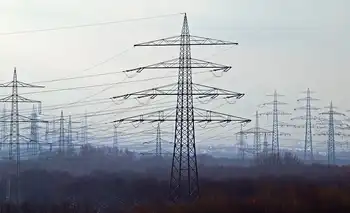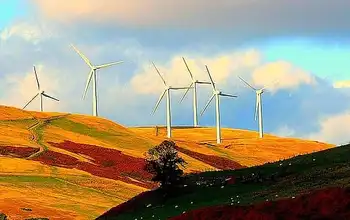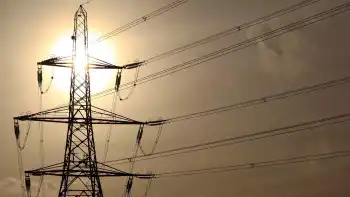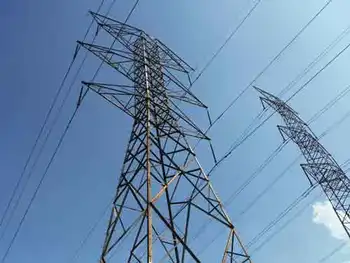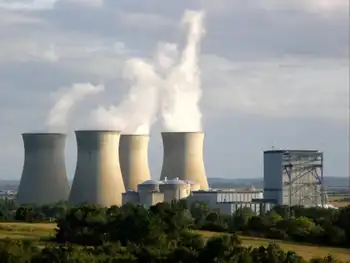Recession spells cheap carbon credits
By Reuters
Substation Relay Protection Training
Our customized live online or in‑person group training can be delivered to your staff at your location.

- Live Online
- 12 hours Instructor-led
- Group Training Available
ArcelorMittal and many other industrial manufacturers are busy selling surplus carbon credits in order to raise short-term cash, flooding the market where polluters trade EU Carbon Allocations (EUAs). Under the Kyoto agreement, companies need a certain number of EUAs in order to pollute. So ultra dirty European utilities, which face huge carbon shortfalls and have been slow to adopt cleaner methods, are buying those credits for a song.
EUA prices have fallen from their 1 July peak of €29.33 ($37) to a low on 28 October of €17.40 ($22), said Alessandro Vitelli, director of strategy at IDEACarbon, a carbon finance ratings agency. “The price implications of the recession are already being seen,” he said.
The low price of carbon also discourages hedge funds and private equity funds from investing in companies that reduce emissions. These funds aim to profit from a type of carbon credit called a certified emission reduction (CER). CERs are issued by the United Nations to developing world companies that are removing pollutants from the environment.
Many of these companies are backed by private equity and hedge funds and it is this type of business which may suffer most in the downturn because CERs typically trade at a €1 to €2 discount to EUAs.
The Carbon Asset Fund, backed by Carbon Capital Markets, is one such fund. It invests in projects across the developing world, especially in Central and South America and South East Asia. The companies that it supports specialize in destroying methane created by landfills by flaring it or turning it into energy. These companies are rewarded with CERs by the UN.
“There is always the fear that in the current financial situation the instinct is to ignore the environmental problem,” said Nick Eagle, the director of sales and trading for Carbon Capital Markets. “But the current credit crunch is short term in comparison with the issue of global warming.”
That may be, but for some financial sponsors, the price falls have only underlined their concerns about carbon investing. Impax, which runs a green hedge fund and a private equity fund, has shied away from investments in CER businesses because “we’ve seen a waterfall of risks including the most recent fall in the price” said CEO Ian Simm.
Despite some short-term carbon emissions cuts, the domino effect the economic downturn will have on the cost of carbon credits threatens the long-term health of the environment.





